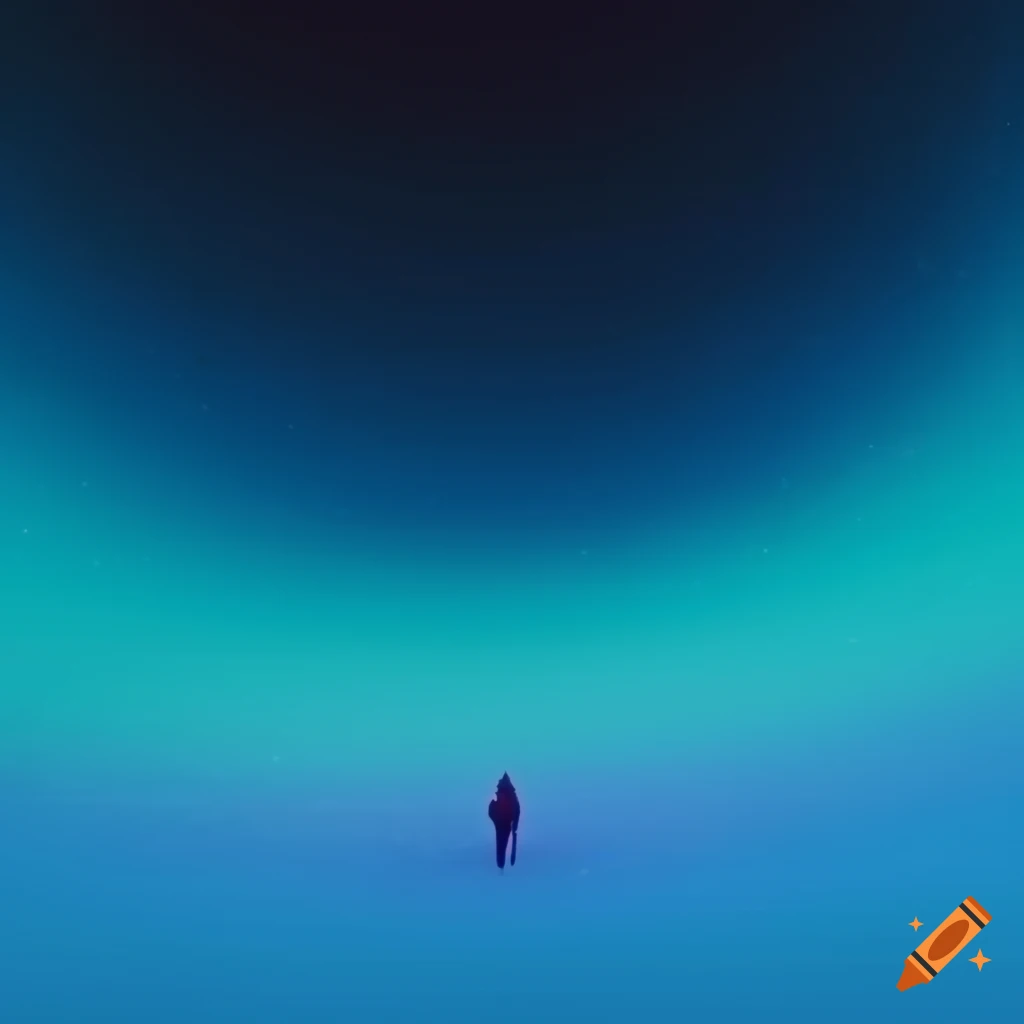Why Depression Seems Endless
An unfiltered reflection on why depression and anxiety seems more widespread today than ever before. Image generated using craiyon.com.
Content warning: this post talks about depression, anxiety, and current events. I’m not at risk of harming myself, but anyone who is might want to consider reading this post until you’re in a better headspace.
It seems like it’s getting harder and harder to stay positive these days.
I’ve been fighting depression my entire life. When I was younger, I’d tell myself that if I tried hard enough, I could break myself free of my depressive cycle and become the person I wanted to be. I studied philosophy and read Nietzsche, Kant, Aristotle, Huxley, and whatever else I could get my hands on.
As I got into my early-mid 20s, I took an almost opposite approach and thought a more relaxed, “go with the flow” attitude would be more effective. I took up Buddhism as a hobby and turned it into a lifestyle, joining a local sangha 🔗 and meditating for at least 10-15 minutes every day. At the time, it helped me immensely: I became calmer, more thoughtful, and more aware of myself and my environment. However, the specter of depression still loomed over me, and I realized that even the promise of enlightenment wouldn’t be enough to dispel it.
Fast forward more than a decade, and I find myself back in the same place: depressed and uncertain about the future, but no longer able to channel the youthful optimism I had when I was a teen. I’m well into my adult life, and things seem more bleak than ever.
Quality of life has very little to do with it. I have a stable job that earns me good money, I’m healthy and have decent (for the U.S.) coverage, I live a low-stress lifestyle, and I have enough money saved to last me for years if I suddenly became unemployed. I have more going for me than most people in my area and age group, yet I still feel the full weight of depression bearing down on me. It has to be something else.
It’s easy to vaguely assign the blame the rest of the world. After all, we’re dealing with massive, planet-wide issues that are relatively new to humanity, notably:
- The Internet and the instantaneous, unrestricted flow of information (both good and bad) to billions of people.
- The visible effects of climate change.
- Peak globalization and the competitiveness that comes with it.
At the same time, we’re dealing with humanity’s ongoing problems, like:
- The cyclical rise of fascism, bigotry, and hatred.
- Attacks on education.
- Widespread oppression against LGBT people, BIPOC, and women.
These issues have plagued many generations— even Socrates complained about younger generations being worse than their elders 🔗. Yet while the nature of these problems are recurrent, the exact details are novel to us. Never before have we dealt with attacks on education while the Internet—arguably the world’s first infinite source of educational material—exists. Never before have we seen fascism rise while simultaneously living in a globalized world, where we can learn about other people and cultures just by looking at our phones. Never before have we seen the four hottest days in a row in human history 🔗 and known beyond a shadow of a doubt that we’re guaranteed to see more. We can look to our ancestors for some guidance, but for the most part, we’re on our own.
To make matters worse, humanity as a whole seems to have no interest whatsoever in tackling these issues. In fact, we’re averse to even acknowledging them. The wealthy don’t benefit from a population educated about these issues, and so the media ignores them and draws the general public’s attention away from them. Science is erased from textbooks, funding gets pulled from environmentally friendly initiatives, and ultra-conservative politicians are propped up to positions of power.
And yet we ask ourselves: why are so many people depressed? As if we don’t see the reaper looming over us, scythe at the ready.
But what can you do when you’re a single person facing a challenge that‘s 8 billion times bigger than you are? How can you stop the apparent march towards doom? And if you can’t, how can you possibly enjoy the time you have left on this planet? These are the questions that keep me up at night.
Maybe they’re the wrong questions to ask. Maybe this is one of the few cases where ignorance really is bliss. I’m honestly not sure—I haven’t figured that part out yet.
My hope is that communities of people who generally care about each other, close friends and allies in the fight against misinformation and harmful behaviors, will come together to support each other in difficult times. We need close human connections to combat the uncertainty and dread that’s infecting modern society.
More importantly, as hard as it might be, we can’t give up hope. Otherwise, depression becomes truly endless, and if the only experience derived from living is to suffer, then why bother living at all?
Thanks for reading this post. If you’re dealing with depression and want someone to chat with, please reach out to me on Mastodon . We’ll figure this out, one way or another! ❤️
| Previous: "What the f*#k is a furry?" | Next: "Logseq: The note-taking app that thinks like you do" |

